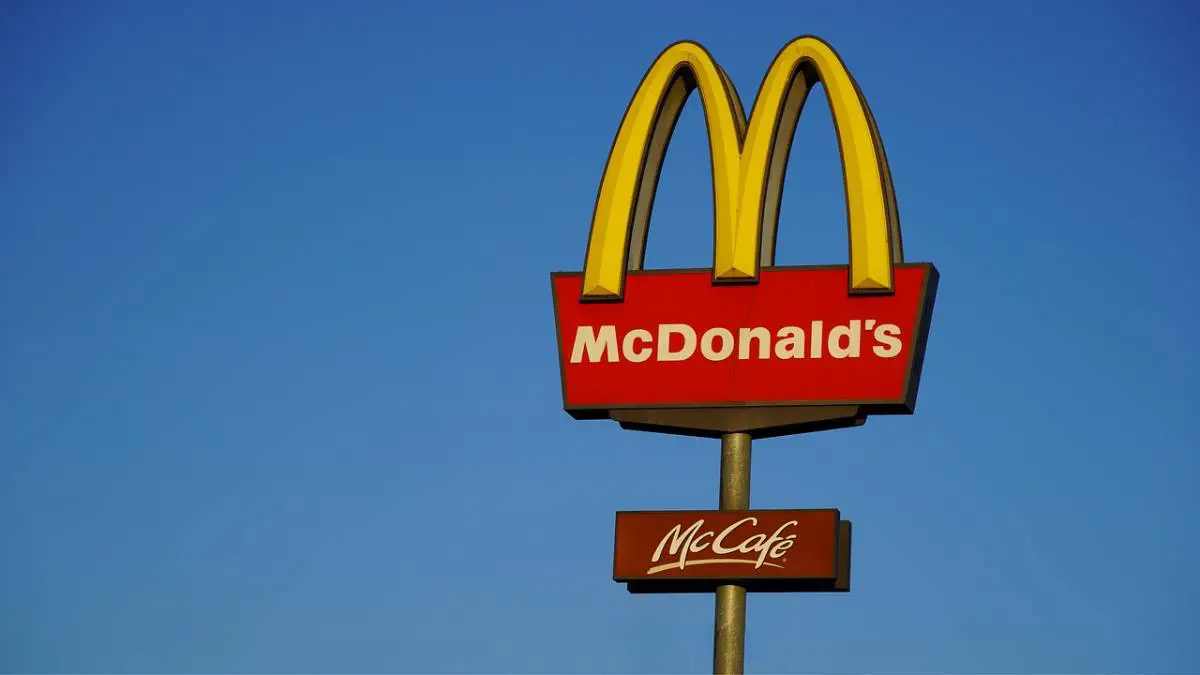McDonald’s and the Packaging Conundrum
Examining the Scale of Packaging Waste in the Fast-Food Industry
The fast-food industry is a significant contributor to packaging waste. This waste often ends up in landfills, contributing to environmental pollution. McDonald’s, as one of the largest fast-food chains globally, is acutely aware of its role in this issue and has taken steps to address it.
McDonald’s Commitment to Addressing Packaging Sustainability
McDonald’s has demonstrated a firm commitment to addressing packaging sustainability. The company has set ambitious goals to improve its packaging and reduce waste, including a commitment that by 2025, all of its guest packaging will come from renewable, recycled, or certified sources.
Innovations in Sustainable Packaging
Biodegradable Materials: McDonald’s Exploration and Implementation
McDonald’s has explored and implemented the use of biodegradable materials in its packaging. For example, the company has introduced fiber-based packaging made from responsibly managed forests and other controlled sources.

The Role of Recycled and Recyclable Packaging in McDonald’s Strategy
Recycled and recyclable packaging plays a crucial role in McDonald’s sustainability strategy. The company has shifted towards using more recyclable materials like paper and cardboard in its packaging and has implemented recycling programs in many of its restaurants.
McDonald’s Global Recycling Initiatives
National and International Programs: McDonald’s Efforts in Waste Reduction
McDonald’s has launched several national and international programs aimed at reducing waste. These initiatives include recycling cooking oil into biodiesel, composting organic waste, and partnering with local waste management companies to ensure proper disposal and recycling of waste.
Collaborations with Environmental Organizations and Governments
McDonald’s collaborates with environmental organizations and governments to enhance its recycling initiatives. These partnerships help McDonald’s align its efforts with global sustainability goals and leverage expertise to develop more effective waste management strategies.
Challenges in Implementing Sustainable Packaging
Balancing Practicality and Sustainability in Fast-Food Packaging
Implementing sustainable packaging in the fast-food industry presents several challenges. These include balancing the practical needs of food packaging, like durability and insulation, with the goal of reducing environmental impact.
The Economic and Logistical Hurdles of Large-Scale Recycling
Large-scale recycling also presents economic and logistical hurdles. These include the costs associated with sourcing sustainable materials and setting up recycling infrastructure, as well as challenges in managing waste across thousands of restaurant locations.
The Impact of McDonald’s Packaging Choices
Analyzing the Carbon Footprint and Environmental Impact
McDonald’s efforts to improve its packaging have a significant impact on its carbon footprint and overall environmental impact. By reducing waste and increasing the use of renewable and recycled materials, the company is helping to conserve natural resources and reduce greenhouse gas emissions.
Consumer Perceptions: How Packaging Affects Brand Image
Consumer perceptions of a brand are increasingly influenced by its environmental responsibility. McDonald’s focus on sustainable packaging not only benefits the environment but also enhances its brand image and reputation among consumers.

Education and Consumer Engagement
McDonald’s Campaigns to Raise Awareness on Recycling
McDonald’s conducts campaigns to raise awareness about recycling and responsible waste disposal. These initiatives educate customers about the importance of recycling and encourage them to participate in McDonald’s recycling programs.
Encouraging Responsible Consumer Behavior
McDonald’s aims to encourage responsible consumer behavior through its sustainability efforts. By providing recycling bins in its restaurants and promoting the use of reusable cups, for example, the company encourages customers to play an active role in reducing waste.
Partnerships with Suppliers for Change
McDonald’s Influence on Supplier Practices in Packaging
McDonald’s exerts a significant influence on its suppliers’ practices, including packaging. The company works closely with its suppliers to promote the use of sustainable materials and practices, contributing to broader changes in the industry.
Shared Responsibility: Collaborative Efforts with the Supply Chain
McDonald’s views sustainability as a shared responsibility and collaborates with its supply chain partners to reduce waste. These collaborative efforts include initiatives to reduce packaging in the supply chain and promote the use of recyclable and reusable transport packaging.
McDonald’s Recycling Success Stories
Showcasing Instances of Effective Packaging Waste Reduction
McDonald’s has several success stories when it comes to reducing packaging waste. For example, in some markets, the company has achieved significant reductions in plastic usage by switching to paper straws and eliminating plastic lids for certain drinks.
Local Initiatives and Community Involvement
Local initiatives and community involvement play a crucial role in McDonald’s recycling efforts. Many McDonald’s restaurants participate in local recycling programs and engage in community clean-up events, helping to raise awareness and promote responsible waste disposal.
Future Trends in Sustainable Packaging
McDonald’s Role in Shaping the Future of Eco-Friendly Packaging
As a leader in the fast-food industry, McDonald’s plays a significant role in shaping the future of eco-friendly packaging. The company continually explores new materials and technologies to improve its packaging and reduce its environmental impact.

Emerging Technologies and Innovations in the Packaging Industry
Emerging technologies and innovations in the packaging industry offer exciting opportunities for further improvements in sustainability. These include advancements in biodegradable materials, innovative recycling technologies, and new approaches to reducing packaging waste.
Continuous Improvement and Challenges Ahead
McDonald’s Commitment to Continuous Assessment and Adaptation
McDonald’s is committed to continuous assessment and adaptation in its sustainability efforts. The company regularly reviews its progress towards its sustainability goals and adapts its strategies as needed to ensure continued improvement.
Anticipated Challenges and Strategies for Further Improvement
While McDonald’s has made significant strides in addressing packaging waste, challenges remain. These include the need for more widespread recycling infrastructure and continued innovation in sustainable packaging. McDonald’s is committed to tackling these challenges and continues to invest in strategies for further improvement.






